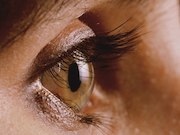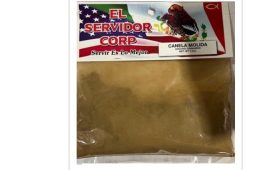Patients randomized to n-3 supplementation did not have significantly better outcomes versus placebo
FRIDAY, April 13, 2018 (HealthDay News) — Supplementation with n-3 fatty acids is not associated with significant benefit in dry eye disease, according to a study published online April 13 in the New England Journal of Medicine to coincide with the annual meeting of the American Society of Cataract and Refractive Surgery, held from April 13 to 17 in Washington, D.C.
Penny A. Asbell, M.D., from the Icahn School of Medicine at Mount Sinai in New York City, and colleagues randomized patients with moderate-to-severe dry eye disease to receive a daily oral dose of 3,000 mg of fish-derived n-3 eicosapentaenoic and docosahexaenoic acids (329 patients) or an olive oil placebo (170 patients).
The researchers found observed no significant difference between the active supplement and placebo groups in the mean change in Ocular Surface Disease Index score (−13.9 and −12.5 points, respectively; after imputation of missing data, mean difference in change, −1.9 points; 95 percent confidence interval, −5.0 to 1.1; P = 0.21). Across prespecified subgroups the result was consistent. There were also no significant between-group differences in the mean changes from baseline in the conjunctival staining score, corneal staining score, tear break-up time, and results on Schirmer’s test.
“Among patients with dry eye disease, those who were randomly assigned to receive supplements containing 3,000 mg of n-3 fatty acids for 12 months did not have significantly better outcomes than those who were assigned to receive placebo,” the authors write.
Copyright © 2018 HealthDay. All rights reserved.








